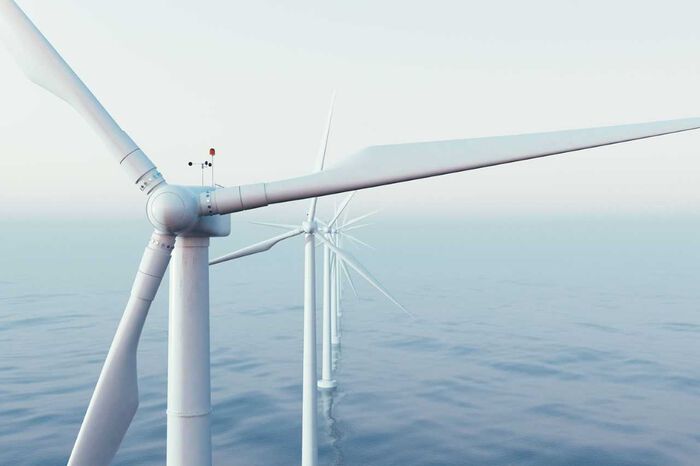Last year TIK was awarded one of UiO's certificates, which is an addition to bachelor's education. Now students can apply for admission to both The Innovation Certificate and our brand new bachelor's course TIK2000 - Innovation and Society.
News from TIK
Read the special issue “Extractions: Data Infrastructures and the Public Good“ here.
Kari-Elisabeth Vambeseth Skogen, Ph.D. candidate at TIK and part of the OSIRIS team, is in the final stages of her Ph.D. work. In her thesis she looks at the use of research in policy. We decided to ask Kari-Elisabeth some questions about her project.
How can we manage the complex relationship between the need for extensive societal transformation and increased pressure on limited natural resources? This pressing dilemma will be one of the main questions at a large international conference TIK is organizing on campus from June 17-19.
The seminar on 17 June 2024 is part of the Belgian economic mission's Academic events series, and will be followed by an Introduction to key actors and activities in the Oslo Science City Innovation District. Program and registration below:
In their newly published blog post, OSIRIS researchers Magnus Gulbrandsen and Silje Tellmann ask: Even if researchers do everything that is expected of them – collaborate with stakeholders, target important societal problems, engage in intensive science communication – societal impact may still not happen. What are the possible explanations?
On 13 March Fulvio Castellacci, Professor at TIK, will give a seminar at Statistics Norway on whether Entrepreneurial State policies can contribute to address and reduce income inequalities.
– My work investigates how people know what they know and why they do what they do, says professor at US Berkeley, Marion Fourcade. This fall she will come to Oslo to be appointed honorary doctor at The University of Oslo (UiO).
On February 6th Ph.D. candidate Frauke Rohden successfully defended her thesis "Exploring online conversations around science – data practices of informal online knowing spaces".
A group of participants of the PhD course “Extraction Ethnographies”, a collaboration between TIK and Noragric (NMBU), have published a report in the EASST Review.
In our recent research in the oil and gas sector, we started observing the phenomena of ‘climate quitting’. For our research, we interviewed dozens of people, and got a sneak preview of our results published in ‘the Conversation’.
On October 12th 2023, the OSIRIS consortium gathered in Oslo for a one-day meeting.
TIK-postdoc Bård Lahn has co-authored the article "Three institutional pathways to envision the future of the IPCC", recently published in Nature Climate Change.
An important (and somewhat contentious) question in the energy transition is the role of large established actors, like oil and gas companies. We know these companies have a lot of resources, competencies, and influence that could contribute to a transition, but we also know they are companies that may benefit from the status quo. This means that how established organizations change and react to change, becomes an important question. We sat down with PhD candidate, Hannah Schupfer, to learn more about her research into these questions.
In September OSIRIS Ph.D. candidate Frauke Rohden submitted her thesis. Congratulatins, Frauke!
Last week Silje Maria Tellmann from OSIRIS took part in a panel on ‘The Blind Spots in Impact Research’ at CHER2023 in Vienna together with Stefan DeJong (Erasmus University Rotterdam), Reetta Muhonen (Tampere University) and Rachita Munshi (Erasmus University Rotterdam).
INTRANSIT gathered in Lofoten to reflect on our research and discuss avenues for further work. Among fishing boats and shipbuilders in Svolvær, we discovered we have much to say about industrial transformation. And among June snow and mid-night sun, our fantastic group of people had a chance to connect.
OSIRIS is hosting a track at this year's Eu-SPRI conference, which will take place at the the University of Sussex from 14 to 16 June.
Call for abstracts to workshop in Oslo, October 13, 2023. The workshop is hosted by OSIRIS researchers Magnus Gulbrandsen, Jakob Edler, Jordi Molas Gallart and Silje Maria Tellmann.
Valentin is a Ph.D. candidate in sociology of science at the Humboldt-Universität zu Berlin and a researcher at the Fraunhofer Center for International Management and Knowledge Economy IMW in Germany. He is currently also a visiting researcher at OSIRIS.
INTRANSIT welcomes master students who are interested in studying green industry transformations in Norway. Our research focuses on ongoing transformation processes in sectors such as aquaculture and agriculture, process industry, and the maritime, transport and energy sectors.
We also study specific technologies (such as CCS, offshore wind, hydrogen solutions), firms, clusters and different innovation policy questions. See some suggested topics below.
Many countries with abundant natural resources experience lower economic growth than countries with little or no natural resources. In the economics literature this is referred to as the "resource curse". One reason put forward is lack of technological progress. In a recent study, we have examined a related issue, that is, whether a resource curse may occur due to the wrong type of technological progress, write Greaker, Heggedal and Rosendahl.
Many countries with abundant natural resources experience lower economic growth than countries with little or no natural resources. In the economics literature this is referred to as the "resource curse". One reason put forward is lack of technological progress. In a recent study, we have examined a related issue, that is, whether a resource curse may occur due to the wrong type of technological progress.
Earlier this year, Osiris had the pleasure to welcome postdoctor Knut Jørgen Vie to the team.

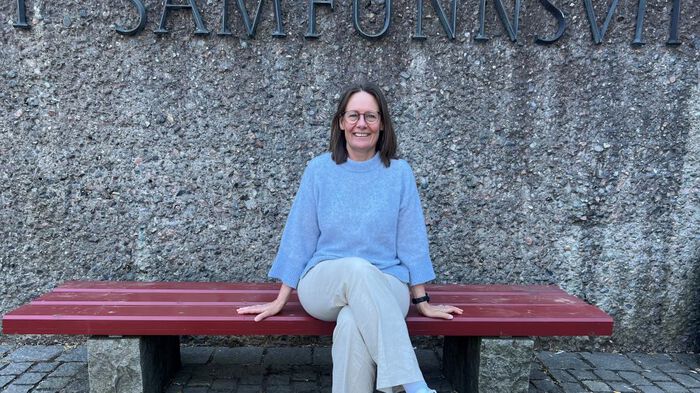

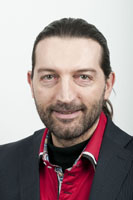
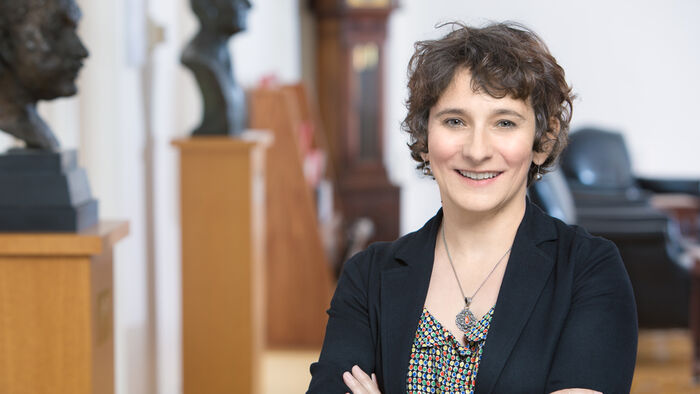

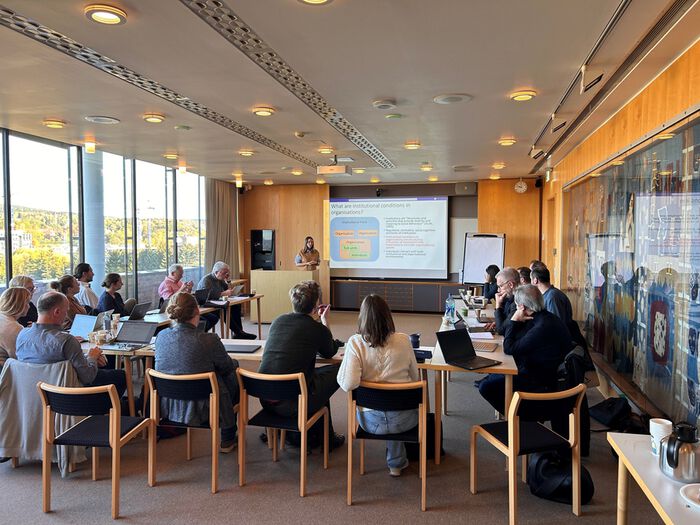


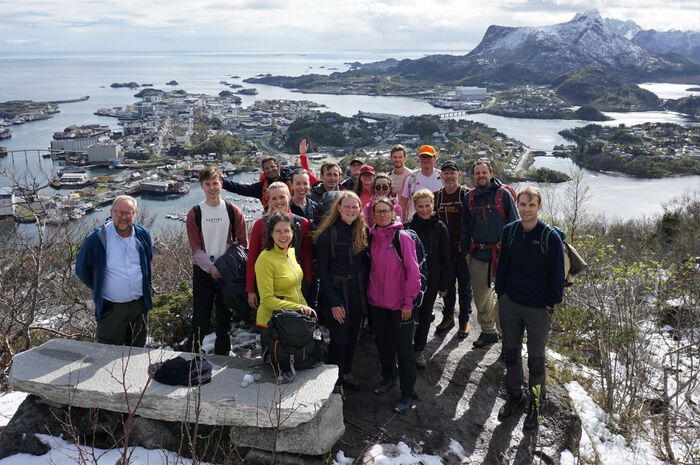

.jpg?alt=listing)



